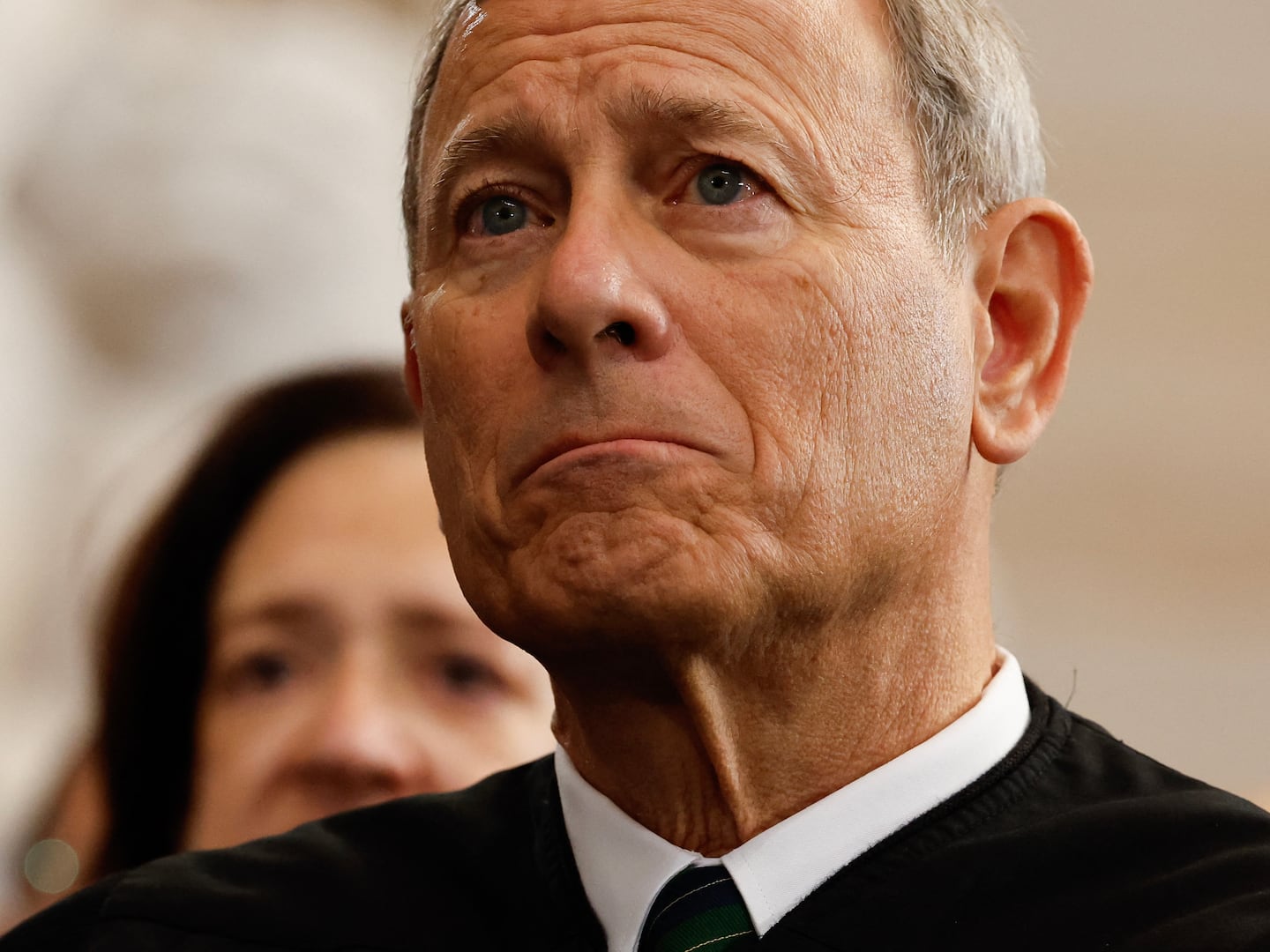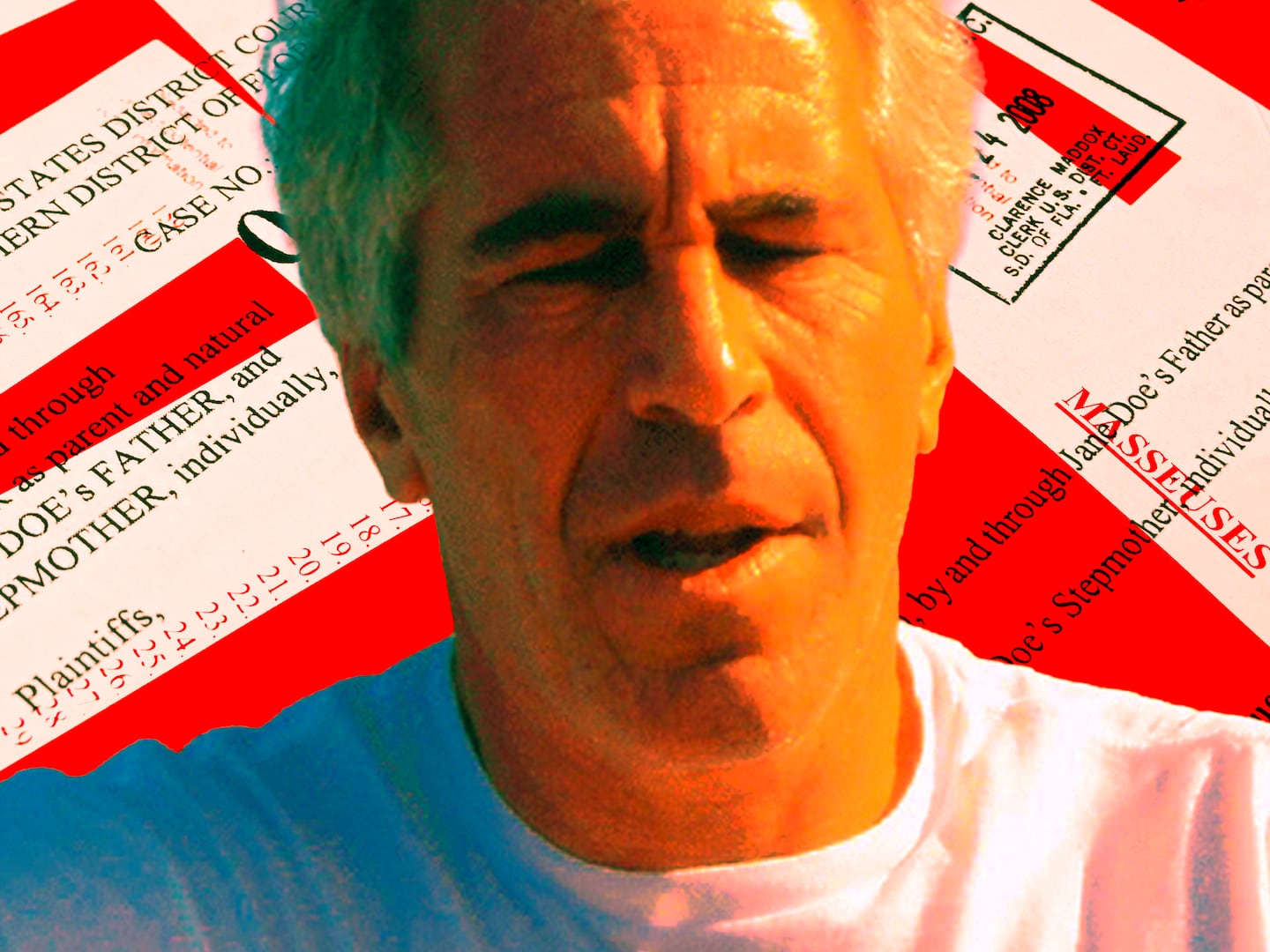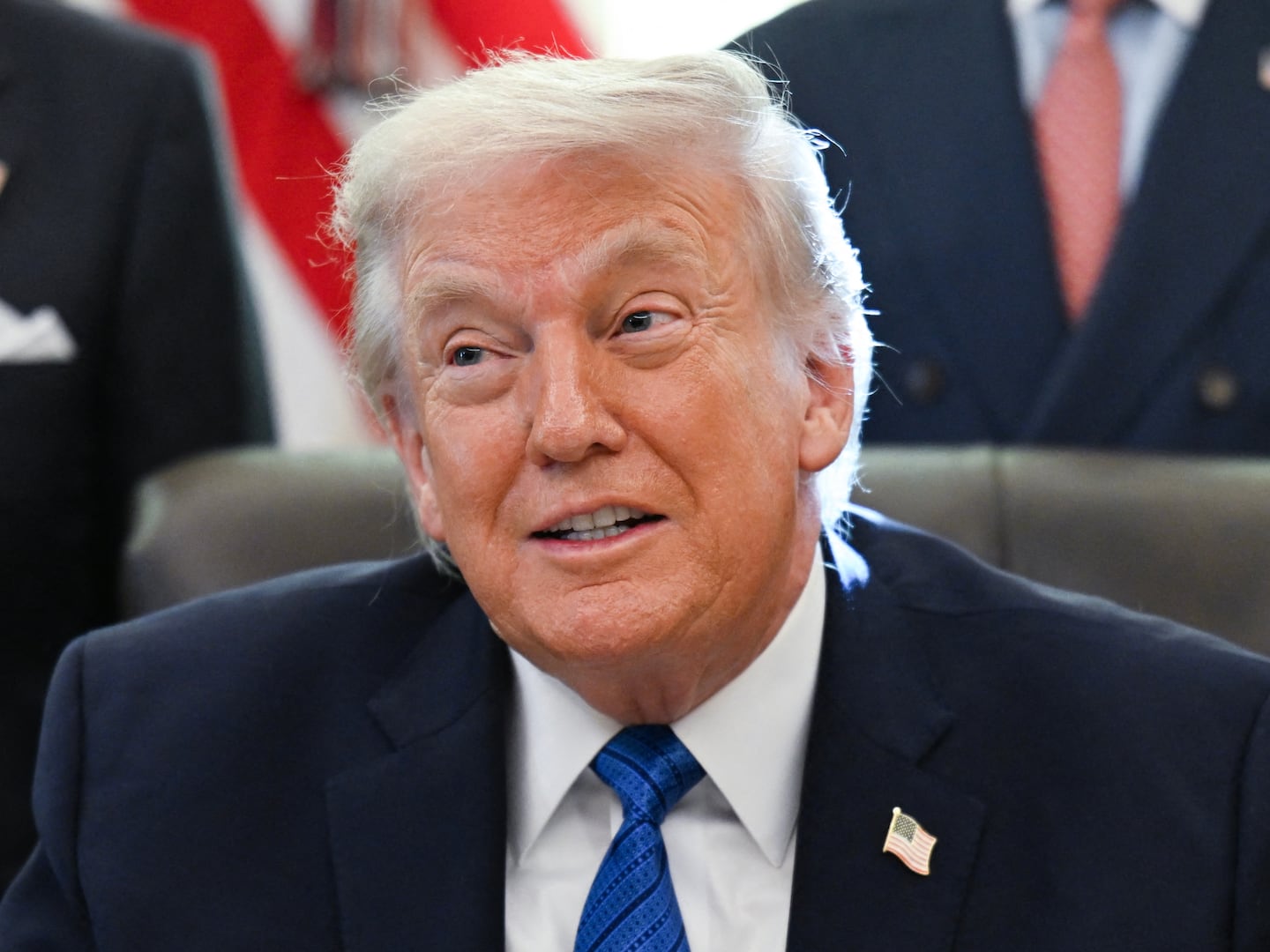President Obama and Israeli Prime Minister Benjamin Netanyahu may put the best possible face on their relationship, but it’s the worst-kept secret in Washington that they don’t hold each other in high regard. In fact, the bad blood between the two men is likely the worst in modern times between two key allies.
“I don’t think either of them will be sorry that this is their last meeting,” said a former Senate Democratic aide, who is a bit freer to speak critically than officials at the White House, where everyone was on their best behavior Monday with the problematic prime minister visiting the Oval Office.
More important, the two leaders had urgent business to discuss, beginning with what really happened to that Russian jet that broke apart in midair over the Sinai Peninsula. If the crash was the result of a bomb placed by ISIS, it could be a game-changer in everything from how the Russians proceed in Syria to the conduct of global air traffic. “The Israelis have very good intel on what’s going on in the Sinai,” said the former Hill aide. “When interests are aligned, people work together.”
For all the dishing about the chilly relations between Obama and Netanyahu, officials in both governments have stressed that it’s business as usual when it comes to aid to Israel, or as Obama likes to put it, the administration has Israel’s back. Netanyahu is in Washington to nail down an increase in military assistance to deal with what he believes will be an increased threat from Iran in the aftermath of the nuclear deal that Obama negotiated and Netanyahu opposed.
There was even some nostalgia in the media coverage that for both leaders this could be their swan song, with Obama soon leaving office. As for Netanyahu, the former Hill aide scoffed at the notion that the Israeli prime minister is nearing the end of his political career. Unlike the U.S. presidency, which is term-limited, there is no limit on the number of times an Israel prime minister can serve. Netanyahu has already been elected prime minister four times—from June 1996 to July 1999 and from March 31, 2009, to the present—and he appears to be in a strong position domestically.
While some Democrats are amazed that Obama welcomed Netanyahu at the White House given the tension between them and the Israeli leader’s open support for Republican Mitt Romney in 2012, Obama was not about to seed another round of stories about how they don’t get along—not with another presidential election just a year away.
The Jewish vote in America is strongly Democratic, but Jewish donors are another matter, and Democrats don’t want to alienate key funders. Netanyahu’s unabashed past backing of Romney, his close alliance with GOP leaders on Capitol Hill, and his aggressive lobbying against the nuclear deal with Iran disturbed the political balance that politicians in both countries rely on.
If the U.S.-Israeli relationship were only about Obama and Netanyahu, the president could have skipped Monday’s meeting and just left it to a handshake at next year’s U.N. General Assembly meeting. “It must stick in Obama’s craw to go through this dance, knowing he’s not running again—and that he’s doing it all for other candidates,” said the former Senate aide.
With Hillary Clinton running to succeed him, Obama has no choice really but to be magnanimous with a key ally. On Tuesday, Netanyahu will sit down with Neera Tanden, president of the Center for American Progress and a strong Clinton supporter. Some Democrats are criticizing CAP for providing Netanyahu with a forum instead of giving him the cold shoulder. But the relationship between Israel and the Democratic Party is not one to be trifled with, and Clinton does not want any daylight between her campaign and the Israeli leader. Judging by the behavior of both Obama and Netanyahu at the White House on Monday, everybody is on the same page, for once.






